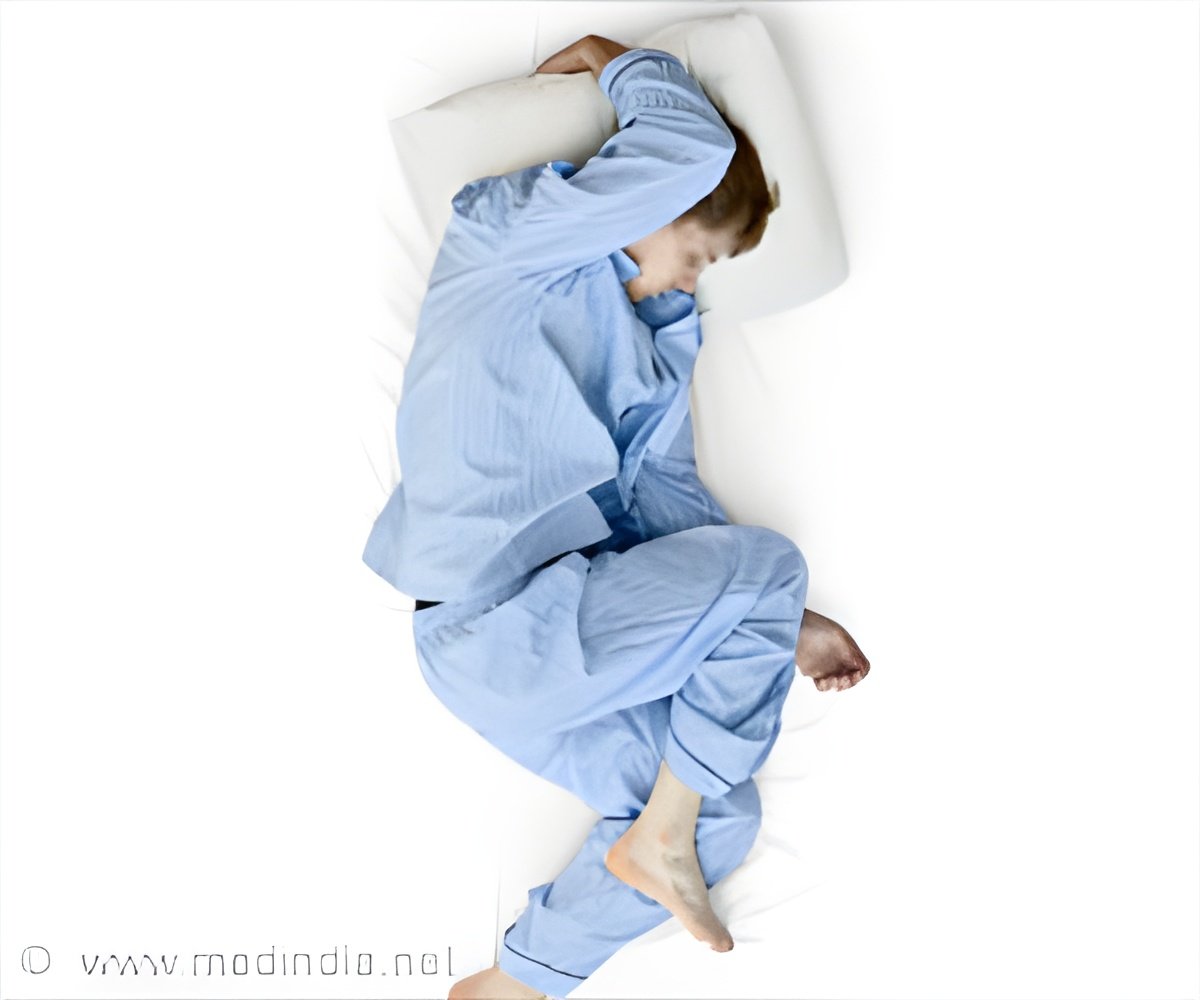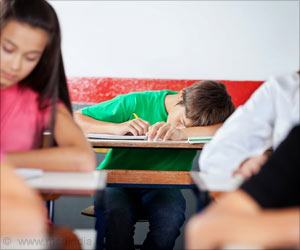Facial expressions of children can reveal if they had a good night's sleep or not. Lack of proper sleep can also affect the child's social relationship as well.

‘Facial expressions help others understand of how you are feeling and facial expressions are known to have a contagion effect on how others feel as well.’





“Sleep problems in children are routinely linked with lower social competence and more problems in peer relationships, but we really don’t understand what drives these associations,” reports Alfano. Based on findings from some of her prior research, Alfano hypothesized that the answers might partly lie in the ways children’s faces express emotions when tired. To test this theory, Alfano and colleagues examined 37 children between the ages of 7 and 11 during two in-lab emotional assessments; one when children were well-rested and another after two nights of partial sleep restriction.
During these assessments, children viewed positive (think kittens and ice cream) and negative (think getting a shot and ferocious dogs) pictures on a computer screen while a high-definition camera recorded their facial expressions.
Participants’ parents provided reports of their child’s social functioning at that time and approximately two years later.
"As we suspected, children who displayed less positive facial expressions in response to pleasant images when sleep restricted were reported to have more social problems two years later, even when controlling for earlier social problems,” said Alfano.
Advertisement
“For younger children, more explicit behaviors such as sharing and taking turns may be more important for friendships than subtle facial expressions. However, emotional expression becomes more important with age,” explains Alfano.
Advertisement
The results support a burgeoning body of research that indicates poor sleep quality in childhood forecasts later socio-emotional problems and also indicates the importance of studies exploring how sleep affects multiple facets of children’s mental health and well-being.
Facial expression, a central aspect of social communication, is one aspect of emotion where sleep loss takes a toll.
Source-Eurekalert










